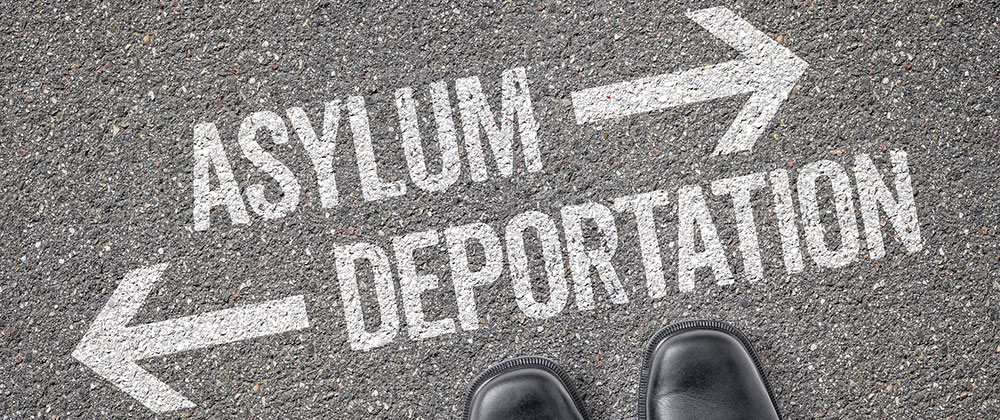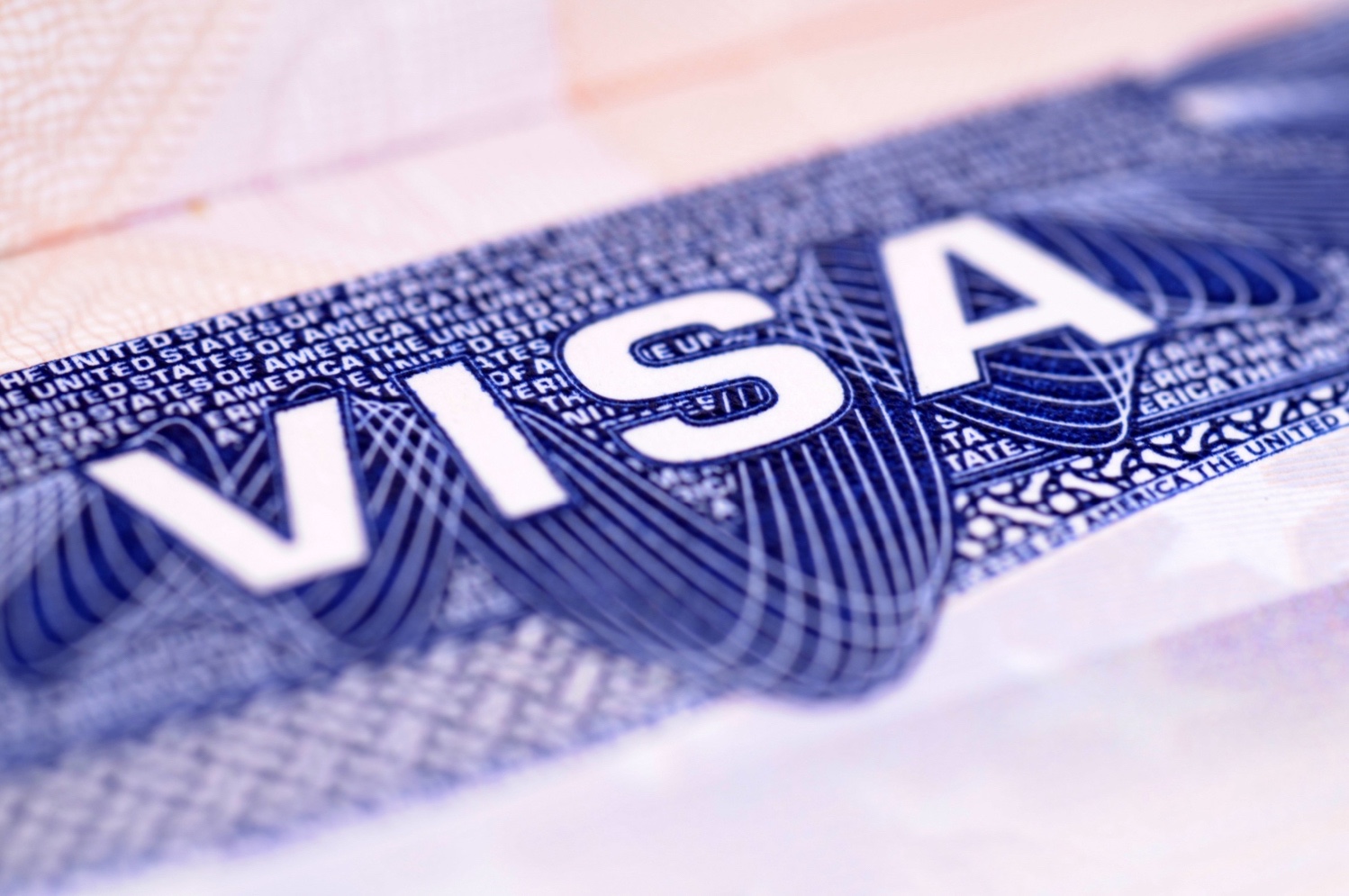This act protects children who, due to delays in processing of their or their parents’ visas through asylum or who are children of citizens or permanent residents as derivative beneficiaries reach their majority before they receive their permanent residence. The following protective measures are given by the Child Status Protection Act:
CHILDREN OF A CITIZEN
Citizens who petition for a child fix his/her age at the time of filing. As a result the child is a non-quota applicant and hence is immediately qualified for permanent residence. If a permanent resident who has applied for a child becomes a U.S. citizen, the child’s age is determined as of the date the parent is naturalized. If the child is under 21 at the time of the naturalization of the child, the child is deemed an immediate relative.
PERMANENT RESIDENTS, LABOR CERTIFICATION HOLDERS OR LOTTERY WINNERS
In this category the age of the child is determined by the date when the parents’ priority is reached, namely when the quota becomes available, minus the number of days the parents’ petition was pending, provided the child applies for permanent residence within one year of the time he/she becomes eligible. To know when a quota date is available to a child or to his/her parent, the Department of State Visa Bulletin must be consulted for quota availability dates.
ASYLUM, APPLICANTS
Children who are defined as under 21 and unmarried, of asylum applicants who are in the U.S., retain their status as unmarried children under 21 from the time the asylum application is granted. For children of asylum applicants who are abroad or not initially referred to in the asylum application of the parents, the child may still qualify, provided the child was under 21 at the time the asylum application of the parents was filed, and the parents comply within 2 years of the application’s filing by notifying the Immigration and/or Consulate that the child should be added to the asylum application.
ADOPTION OF FOREIGN CHILDREN
To be legally effective for immigration purposes an adopted child must be under 16, and have lived in legal custody with the adopting parent(s) for 2 years either before or after the adoption. If a sibling of the adopted child is adopted by the parent(s), then the sibling may be adopted up to 18. The custody and residence required may be satisfied with a single parent. The Immigration Service will investigate to see that the adoption is in good faith, and the adoption must comport with the laws of the place where the adoption takes place.
For applicants for permanent residence an adopted child acquires the priority date of the parent(s), provided the child has been adopted and resides with the adopting parent(s) before the parent(s) obtain permanent residence. Then the adopted child may enter the U.S. as a permanent residence upon fulfilling the condition that the child has lived under legal custody with the adopting parent(s).
ADOPTION OF ORPHANS FROM ABROAD
Orphans need not have lived in the legal custody of their adopting parents for 2 years in order to qualify under immigration law. The adopting parent(s) need only demonstrate that the orphan has been adopted abroad or coming to the U.S. to be adopted.
For immigration purposes an orphan is defined as under the age of 16, whose parents have died, disappeared, or abandoned or deserted the orphan. If the orphan has only one parent, the parent must prove incapability of providing proper care and irrevocably in writing releases all rights to custody of the child. Even if the child is illegitimate, if the father has had a relationship with the child, the mother will not be considered a single parent. However, if the natural father has disappeared or abandoned the child or irrevocably released all rights to custody of the child, then the mother would be considered a single parent.
Orphans who have been adopted abroad and who enter the U.S. as permanent residents under the age of 18 are entitled to U.S. citizenship upon their entry to the U.S.
Our assistance is only a phone call, or e-mail communication away!



